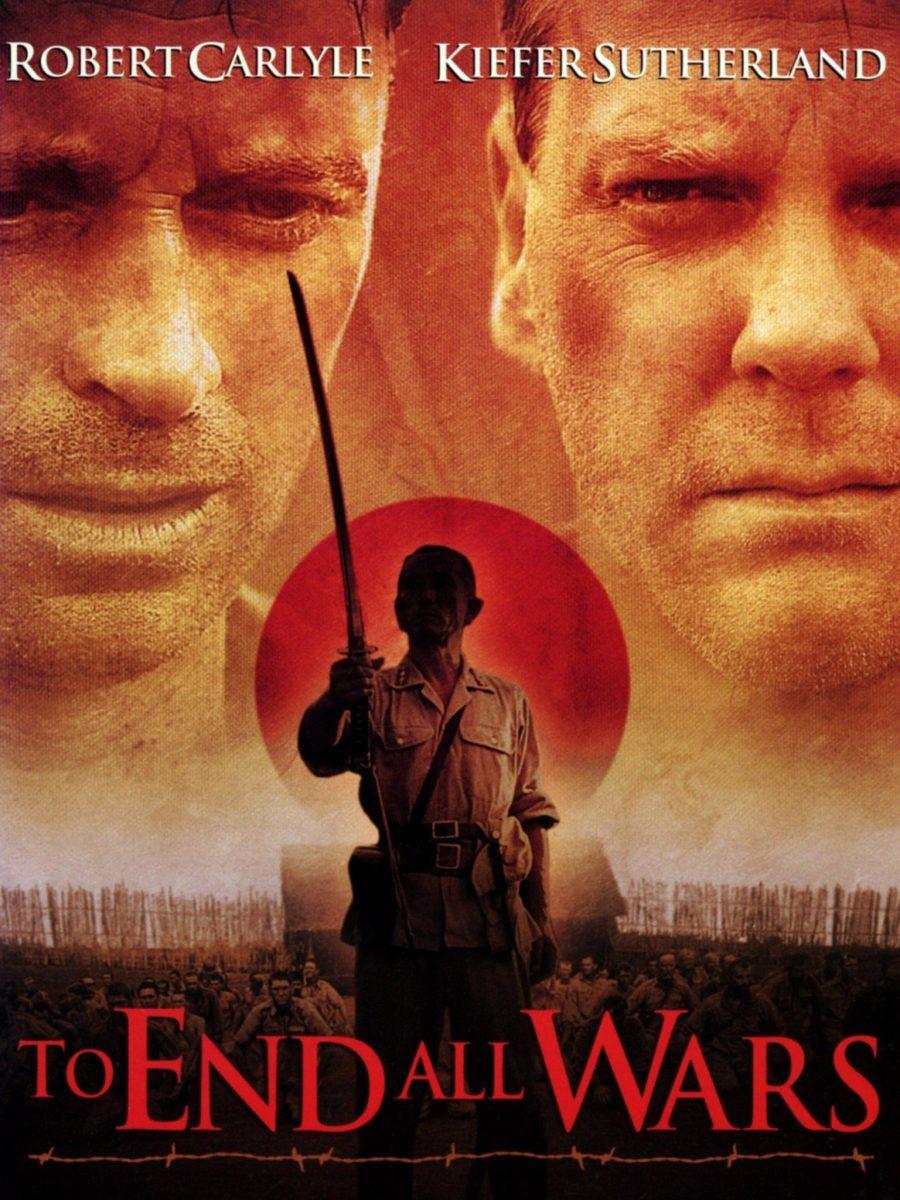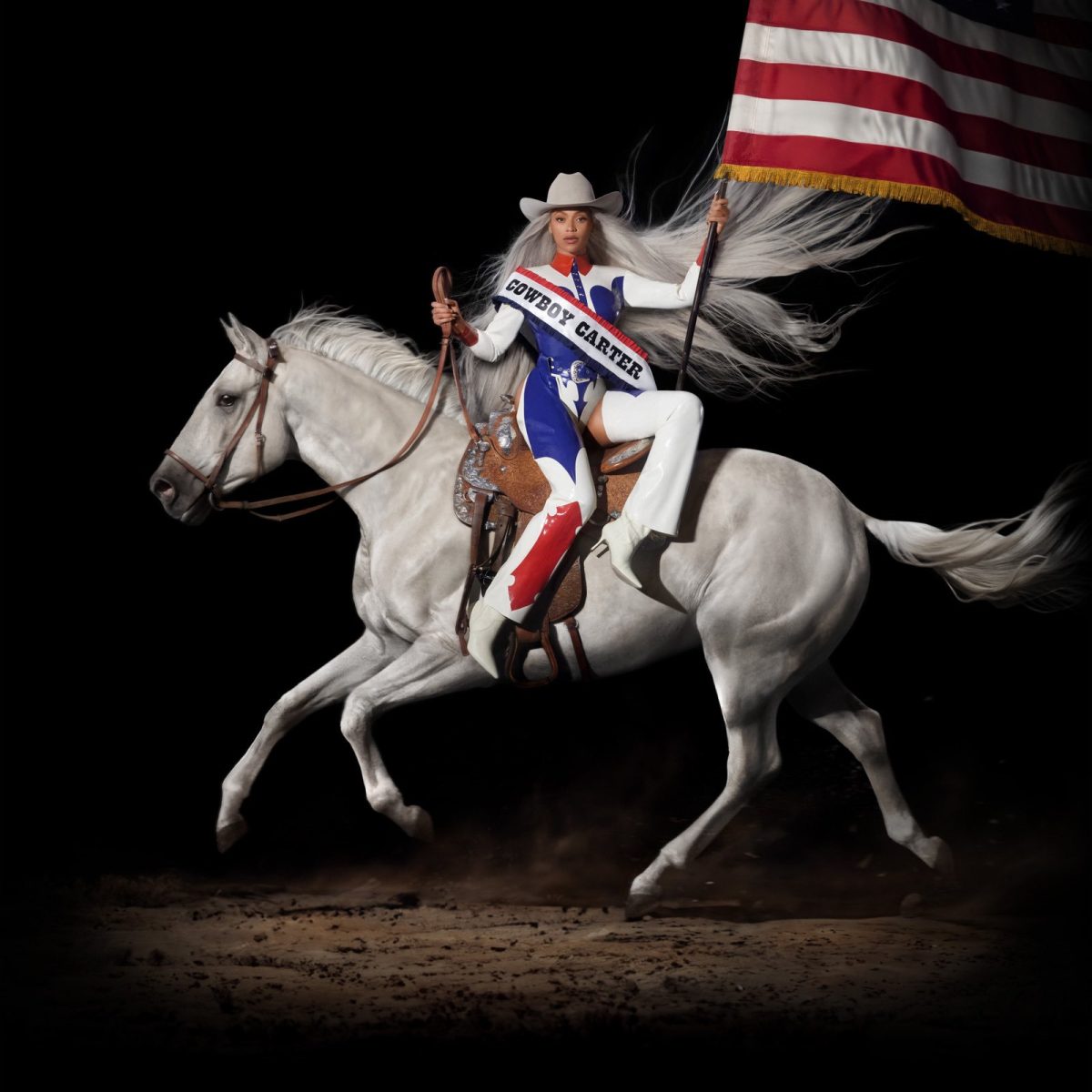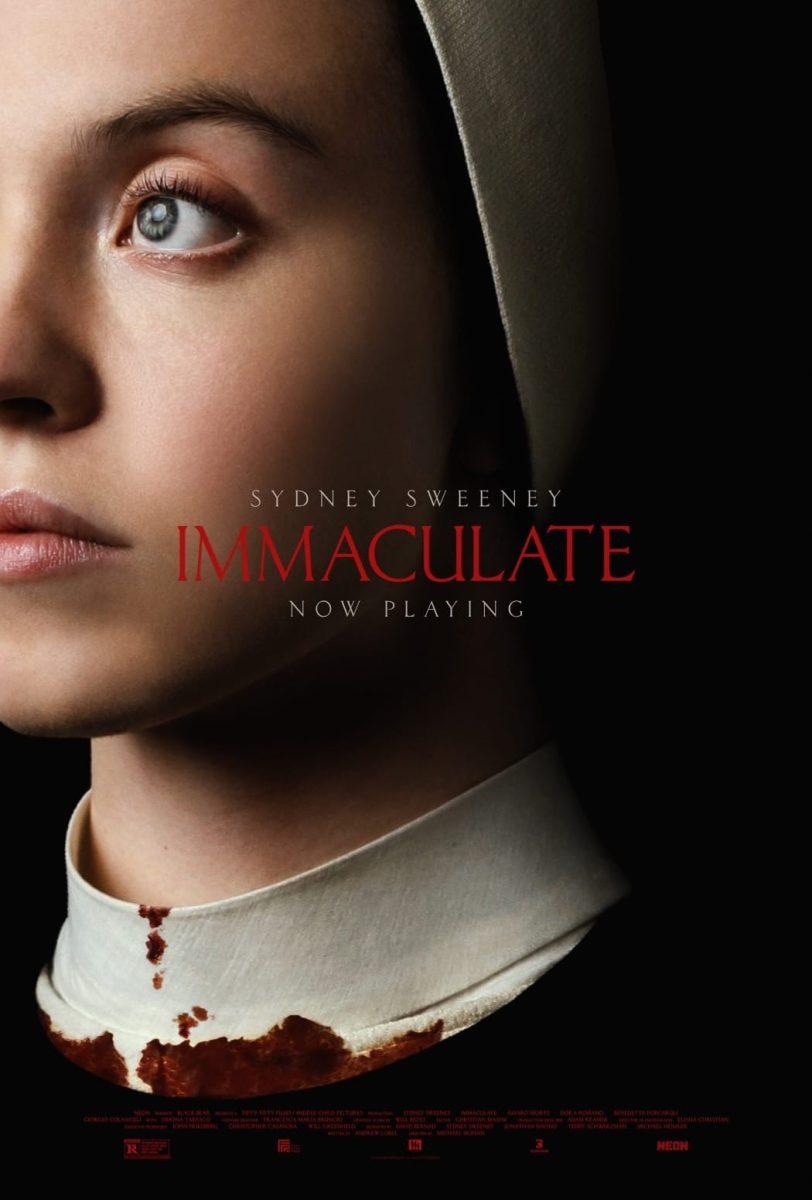Veterans Day is nearly here — a day to give thanks and to remember those who have stepped up to answer the call of service in the nation’s military, both past and present. War is harrowing, and the challenges faced within can change soldiers deeply.
Twenty years ago, the film titled “To End All Wars” was released, a World War II story based on the book “Through the Valley of the Kwai” by Capt. Ernest Gordon. Gordon, along with his regiment, was captured by Japanese forces during the war and brought to a prison camp. The film conveys the incredible story of how Gordon, played by Ciarán McMenamin, and his fellow soldiers fought not just for their lives, but for their humanity as they endured the brutality of life in the camp.
“To End All Wars” begins with the capture of the 2nd Battalion of the Argyll and Sutherland Highlanders, the same regiment in which Capt. Gordon served. They are brought to a Japanese internment camp and — with the other prisoners of war — are forced to build a railway through the dense jungle. Gordon quickly learns the culture of the camp is survival-of-the-fittest, which in turn strips the prisoners of their dignity as they do what they must to survive. This selfishness leads to hate and cultivates extremes such as violence. After Gordon gets into a fight with another prisoner over food, he witnesses a starved, frail man pick up the spilled rations. He backs away from the fight, realizing such depravity is the outcome of their actions, and he is desperate not to follow that path.
An alternative path reveals itself to Gordon through the character of Dusty Miller, played by Mark Strong. After Gordon falls deathly ill and is left for dead, he is surprised when Miller nurses him back to health. From this, Gordon learns how he can keep his humanity, and, as he had been studying to be a teacher before the war, decides to serve as well by starting a school in the camp at the request of some of the other POWs. He is soon joined by a few others qualified to teach, and though ridiculed by some, others are glad for the chance to better themselves, and the school quickly picks up steam. As the prisoners adopt a mindset of selfless service, they begin to work harder, form a community and take back their dignity. Their Japanese captors are stunned by this transformation. As they hold to the samurai code of Bushido, in which “a single life weighs less than a feather,” they are confounded by the care they see the prisoners showing one another.
This contrast between service and selfishness, love and hate is key to the message of the film. Those who choose hate, such as Robert Carlyle’s Maj. Ian Campbell, are miserable, self-isolating, inconsiderate and choose to only see their oppressors as enemies. In contrast, those who have chosen to love those around them are joyful, partake in community life and have managed to grow beyond the bounds of the war to see their oppressors, their “enemies,” for who they truly are: fellow human beings. One path leads to life, abundant even as they lack material comforts. The other path is repeatedly shown to lead to death. As the film draws to its conclusion, Gordon reflects on a string of questions, a few of which sum up his thoughts: “What is the final destination of hatred? … How many times shall I forgive my brother? What does it mean to love one’s enemies? … These are the questions that I faced in my prison camp. The answers changed my life forever.”
The great American orator and civil rights leader Martin Luther King Jr. would come to echo Gordon’s conclusion by saying, “Darkness cannot drive out darkness; only light can do that. Hate cannot drive out hate; only love can do that.” War cannot be conquered, ultimately, by war. Whether international, interpersonal or even with the self, war is born from hate. It must be surrendered in favor of true, sacrificial love that recognizes the perceived enemy as the real friend.
Selfless Service is an Aggie Core Value, and many have served, and continue to serve, in defense of the nation and beyond. Some have even made the ultimate sacrifice to bring that goal of peace closer. As fellow Aggies, let us honor them and follow in their footsteps by leading by example in our own lives, pursuing selfless service even in the smallest of ways to uproot hate and to cultivate a more peaceful world.
To end all wars.
























